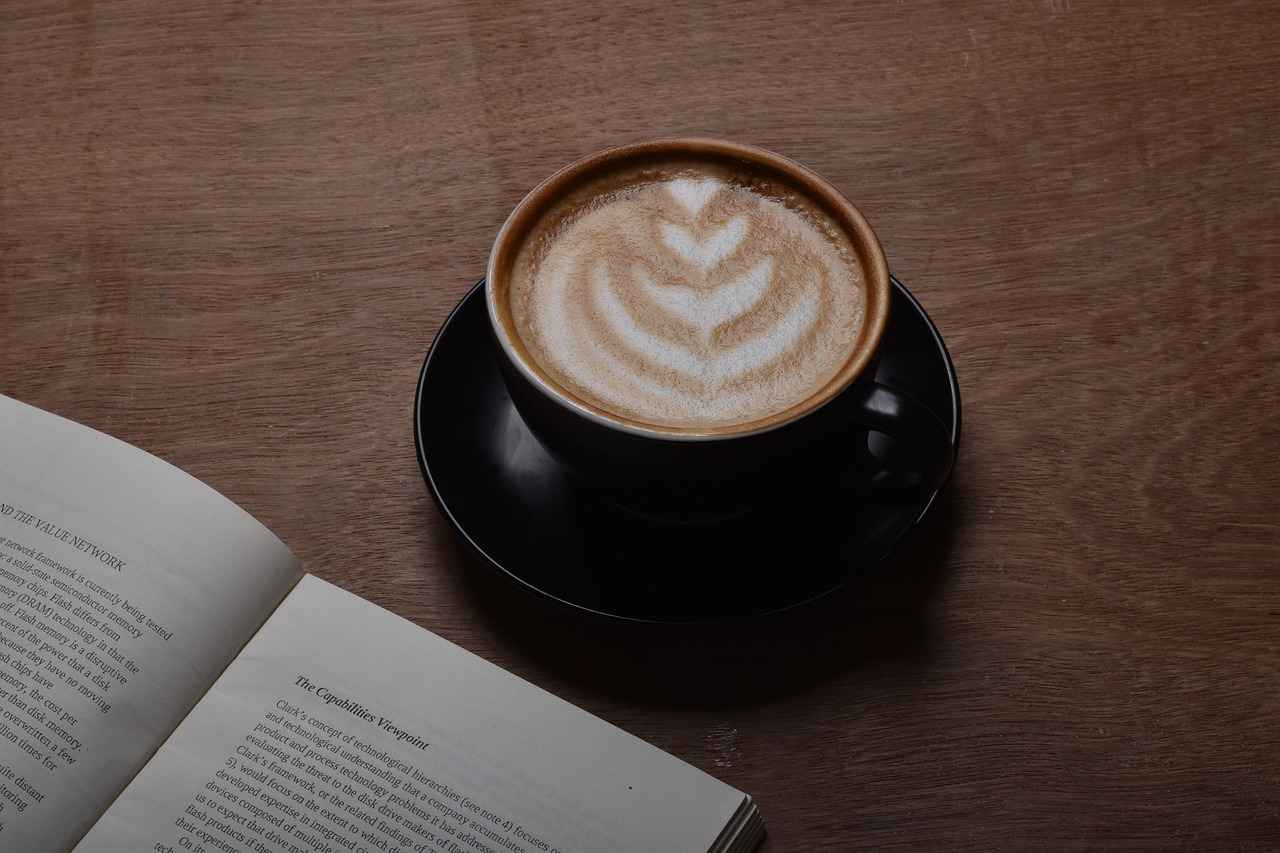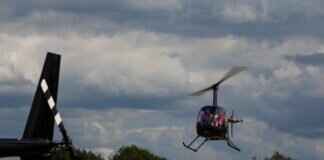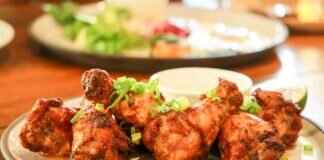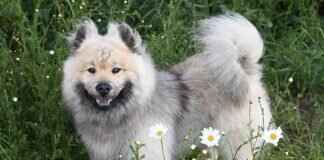This article provides a comprehensive guide to selecting the ideal portable coffee maker for your camping adventures. It covers essential features, various types of coffee makers, and practical tips for brewing coffee outdoors.
Understanding Your Coffee Preferences
Before you choose a portable coffee maker, it’s essential to understand your coffee preferences. Consider the type of coffee you enjoy, the brewing methods you prefer, and the flavor profiles that appeal to you. This assessment will help you narrow down your options effectively.
Types of Portable Coffee Makers
There are several types of portable coffee makers, each with unique features. Familiarizing yourself with these options will enable you to select the best one for your camping needs.
- French Press Coffee Makers
French press coffee makers are popular for camping due to their simplicity and ability to brew rich coffee. They don’t require electricity and are often lightweight and compact.
- Pour-Over Coffee Makers
Pour-over coffee makers provide a manual brewing experience, allowing you to enjoy a clean and flavorful cup. They are lightweight and easy to pack for camping.
- Single-Serve Coffee Makers
Single-serve coffee makers are convenient for those who prefer a quick brew without the fuss of multiple servings.
Key Features to Consider
When selecting a portable coffee maker, consider essential features such as size, weight, brewing time, and ease of cleaning, as these factors will significantly impact your camping experience.
- Size and Weight
The size and weight of a coffee maker are crucial for camping. Opt for a model that won’t take up too much space or add unnecessary weight to your gear.
- Brewing Time
Different coffee makers have varying brewing times. Think about how quickly you want your coffee ready, especially during busy mornings.
Ease of Use and Cleaning
A portable coffee maker should be user-friendly and easy to clean. This ensures a hassle-free coffee experience while enjoying the great outdoors.
- Simple Brewing Process
Look for coffee makers with straightforward brewing processes to enjoy your coffee without complicated instructions.
- Cleaning and Maintenance
Consider how easy it is to clean your coffee maker after use. Features like removable parts can simplify cleanup.
Budget Considerations
Your budget is a significant factor in choosing a portable coffee maker. Explore options within your price range while ensuring quality and functionality.
- Affordable Options
Many affordable portable coffee makers offer great performance. Research options that balance cost and quality for the best value.
- Investing in Quality
While budget is important, investing in a high-quality coffee maker can enhance your camping experience. Quality products often last longer and provide better coffee.
Conclusion: Brewing the Perfect Cup in Nature
Choosing the right portable coffee maker for your camping trip can greatly enhance your outdoor experience. By considering your preferences, the types of coffee makers available, and practical features, you can ensure a delightful coffee experience in nature.
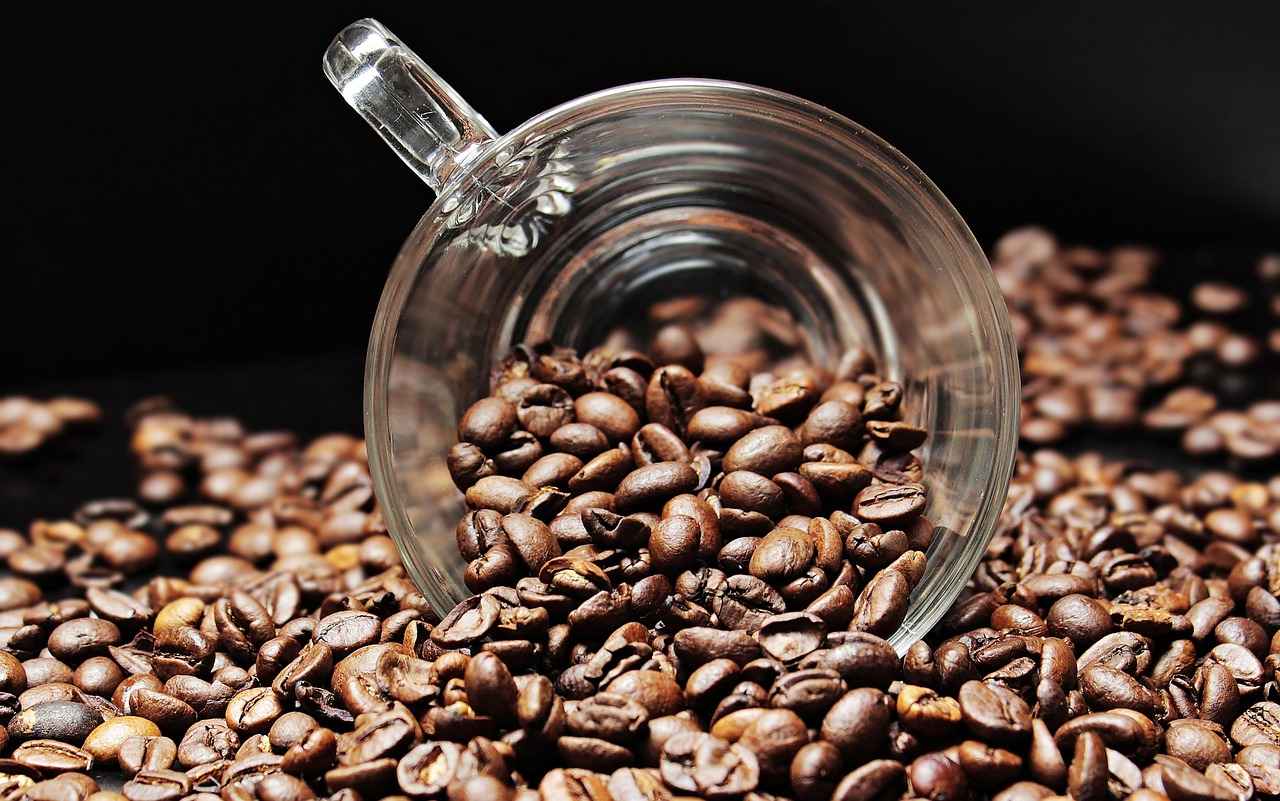
Understanding Your Coffee Preferences
When it comes to selecting the perfect portable coffee maker for your camping adventures, is paramount. Each coffee drinker has unique tastes and habits, which should guide your choice of brewing equipment. Here are several key factors to consider:
- Type of Coffee: Consider whether you prefer espresso, drip coffee, or perhaps a cold brew. Each style has specific brewing requirements and equipment that can cater to your taste.
- Brewing Methods: Different coffee makers utilize various brewing techniques. For instance, a French press allows for a rich and bold flavor, while a pour-over method offers a cleaner taste. Think about which method you enjoy the most.
- Flavor Profiles: Are you drawn to fruity notes, or do you prefer nutty and chocolatey flavors? Your flavor preferences can influence the type of beans you choose and how you brew them.
- Convenience: Consider how much time and effort you want to invest in brewing coffee while camping. Some methods are more straightforward and quicker than others, which can be a significant factor during busy mornings.
By taking the time to reflect on these aspects of your coffee preferences, you can make a more informed decision when selecting a portable coffee maker. This will not only enhance your coffee experience but also ensure that you enjoy your favorite brew even in the great outdoors.
In conclusion, aligning your portable coffee maker choice with your personal coffee preferences is essential for a satisfying camping experience. Whether you are a fan of smooth espresso or robust French press coffee, understanding what you enjoy will guide you towards the right equipment for your outdoor adventures.
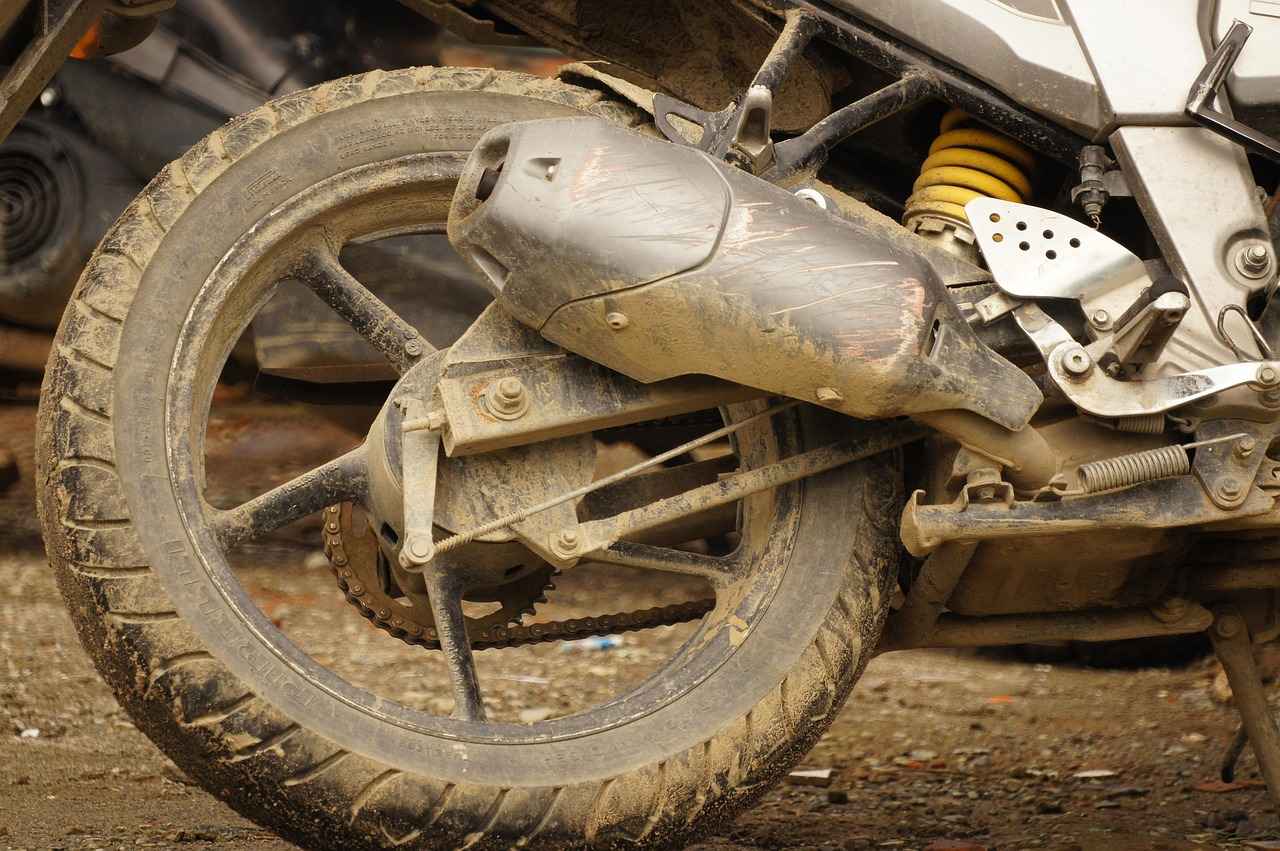
Types of Portable Coffee Makers
When it comes to enjoying a fresh cup of coffee while camping, the choice of a portable coffee maker is crucial. With a variety of options available, understanding the different types can significantly enhance your outdoor coffee experience. Here, we will explore several popular types of portable coffee makers, highlighting their unique features, benefits, and drawbacks.
- French Press Coffee Makers
French press coffee makers are a favorite among campers for their simplicity and ability to brew a rich, flavorful cup of coffee. They are typically lightweight and compact, making them easy to pack.
Benefits: Full control over brewing time and strength, resulting in a customized coffee experience.
Drawbacks: They can be fragile and require careful handling to avoid breakage during your adventures.
- Pour-Over Coffee Makers
Pour-over coffee makers offer a manual brewing method that allows for a clean and aromatic cup of coffee. Their lightweight design makes them ideal for camping trips.
Benefits: Provides a hands-on brewing experience that many coffee enthusiasts appreciate.
Drawbacks: Requires a bit more time and attention compared to other methods.
- Single Serve Coffee Makers
Single serve coffee makers are perfect for those who want a quick cup without the hassle of brewing a full pot. Many models are pod-based, which adds convenience.
Benefits: Quick brewing time and minimal cleanup.
Drawbacks: Pod-based systems can be less environmentally friendly and may limit coffee variety.
- Stovetop Espresso Makers
For espresso lovers, stovetop espresso makers are a great option. They can be used over a camp stove or open flame, delivering a rich espresso shot.
Benefits: Produces strong coffee similar to traditional espresso machines.
Drawbacks: Requires a heat source and may take longer to brew compared to other methods.
By understanding the various types of portable coffee makers, you can make an informed decision that aligns with your coffee preferences and camping style. Whether you value convenience, flavor, or brewing method, there’s a portable coffee maker that will meet your needs.
French Press Coffee Makers
are increasingly becoming a favorite among camping enthusiasts due to their simplicity and ability to brew a rich, flavorful cup of coffee. These devices operate without the need for electricity, making them ideal for outdoor settings where power sources are scarce. Their lightweight and compact design allow for easy packing, ensuring they fit seamlessly into your camping gear.
One of the most significant advantages of using a French press is the control it offers over the brewing process. Campers can adjust the brewing time to suit their taste preferences, resulting in a customized cup of coffee that caters to individual flavor profiles. Furthermore, the French press method allows for the extraction of oils and fine particles from the coffee grounds, which contributes to a full-bodied taste that many coffee lovers appreciate.
However, it is essential to consider some drawbacks when opting for a French press during camping trips. While they are generally robust, French presses can be fragile and may require careful handling to avoid breakage. Additionally, cleaning a French press can be slightly more involved than other coffee-making methods, as it typically requires rinsing out the grounds and washing the components thoroughly.
In summary, French press coffee makers are an excellent choice for campers seeking a reliable and flavorful coffee experience. Their portability and ease of use make them a popular option, but users should be mindful of their fragility and cleaning requirements. With the right care, a French press can enhance your outdoor coffee experience, allowing you to enjoy the beauty of nature with a delicious cup in hand.
Benefits of Using a French Press
When it comes to brewing coffee, using a French press offers a unique and satisfying experience that many coffee enthusiasts cherish. This manual brewing method allows for full control over various aspects of the brewing process, making it a favorite among outdoor adventurers and home brewers alike.
One of the primary benefits of using a French press is the ability to customize your coffee to your personal taste preferences. By adjusting the brewing time and the coarseness of the coffee grounds, you can create a cup that is perfectly suited to your palate. This level of control results in a rich and flavorful cup of coffee, as the grounds are steeped in hot water, allowing for optimal extraction of essential oils and flavors.
Furthermore, the French press is incredibly versatile. It can be used with a variety of coffee beans, enabling you to experiment with different flavors and blends. Whether you prefer a light roast or a dark, bold brew, the French press can accommodate your choices without the need for complicated machinery or electricity.
Another advantage is the environmental benefit of using a French press. Unlike single-use coffee pods or machines that require disposable filters, the French press is a sustainable option that produces minimal waste. This makes it an excellent choice for eco-conscious coffee lovers, especially when camping or traveling.
However, it’s essential to note that while a French press is durable, it can be fragile if not handled carefully. Ensuring that you pack it securely during your camping trips will help prevent any unfortunate accidents. Additionally, cleaning a French press is straightforward, as it typically consists of only a few parts that can be rinsed easily.
In conclusion, the French press is an excellent choice for those who value control over their coffee brewing process. With its ability to produce a rich, flavorful cup while being environmentally friendly, it’s a fantastic addition to any coffee lover’s toolkit, especially for outdoor adventures.
Drawbacks of French Press
While French press coffee makers are beloved for their ability to brew a rich and flavorful cup of coffee, they do come with some drawbacks that are particularly important to consider when planning for camping trips.
- Fragility: French presses are often made of glass or delicate materials, making them prone to breakage. This fragility can be a significant concern when traveling in rugged outdoor environments where accidents can happen easily.
- Careful Handling Required: To prevent damage, extra caution is necessary during transport and use. This might mean packing them in protective cases or ensuring they are stored securely in your gear, which can add to the complexity of your camping setup.
- Cleaning Challenges: After brewing, cleaning a French press can be a bit cumbersome, especially in a camping setting where water may be limited. The need to thoroughly rinse out coffee grounds can add time to your morning routine.
- Temperature Sensitivity: The materials used in many French presses can be sensitive to extreme temperatures, which can affect the brewing process. If exposed to cold or heat, the performance might be compromised, leading to a less than ideal cup of coffee.
In summary, while a French press can offer a delightful coffee experience, its fragility and the careful handling it requires may make it less suitable for the adventurous camper. Weighing these drawbacks against your coffee preferences and camping style is essential for making the best choice.
Pour-Over Coffee Makers
have gained popularity among coffee enthusiasts for their ability to deliver a clean and flavorful cup of coffee. These manual brewing devices offer a hands-on experience that allows coffee lovers to control various aspects of the brewing process, ultimately enhancing the taste of their coffee. Lightweight and compact, pour-over coffee makers are an excellent choice for camping trips, ensuring you can enjoy your favorite brew even in the great outdoors.
When camping, convenience and portability are essential. Pour-over coffee makers are typically made from materials such as plastic or stainless steel, making them easy to pack and transport. Their simple design means they require no electricity, allowing you to brew coffee anywhere, whether you’re at a campsite or on a hiking trail.
The pour-over method involves pouring hot water over coffee grounds placed in a filter. This technique allows for optimal extraction of flavors, resulting in a cup that is often brighter and more nuanced compared to other brewing methods. Here’s a brief overview of the steps involved:
- Start by boiling water to the desired temperature.
- Place a filter in the pour-over cone and add your coffee grounds.
- Slowly pour hot water over the grounds in a circular motion.
- Allow the coffee to drip into your mug or carafe.
- Flavor Control: You can adjust the coffee-to-water ratio and brewing time to suit your taste.
- Portability: Most models are lightweight and designed for easy transport.
- Low Maintenance: They are easy to clean, often requiring just a quick rinse after use.
When selecting a pour-over coffee maker for camping, consider factors such as size, weight, and durability. Look for models that are made from robust materials to withstand outdoor conditions. Additionally, consider whether you prefer a single-serve option or a larger model that can brew multiple cups at once.
In conclusion, pour-over coffee makers are a fantastic choice for camping enthusiasts who value a quality cup of coffee. Their manual brewing process not only enhances the flavor but also allows for a unique coffee experience in nature. With various options available, you can easily find a pour-over coffee maker that suits your camping needs.
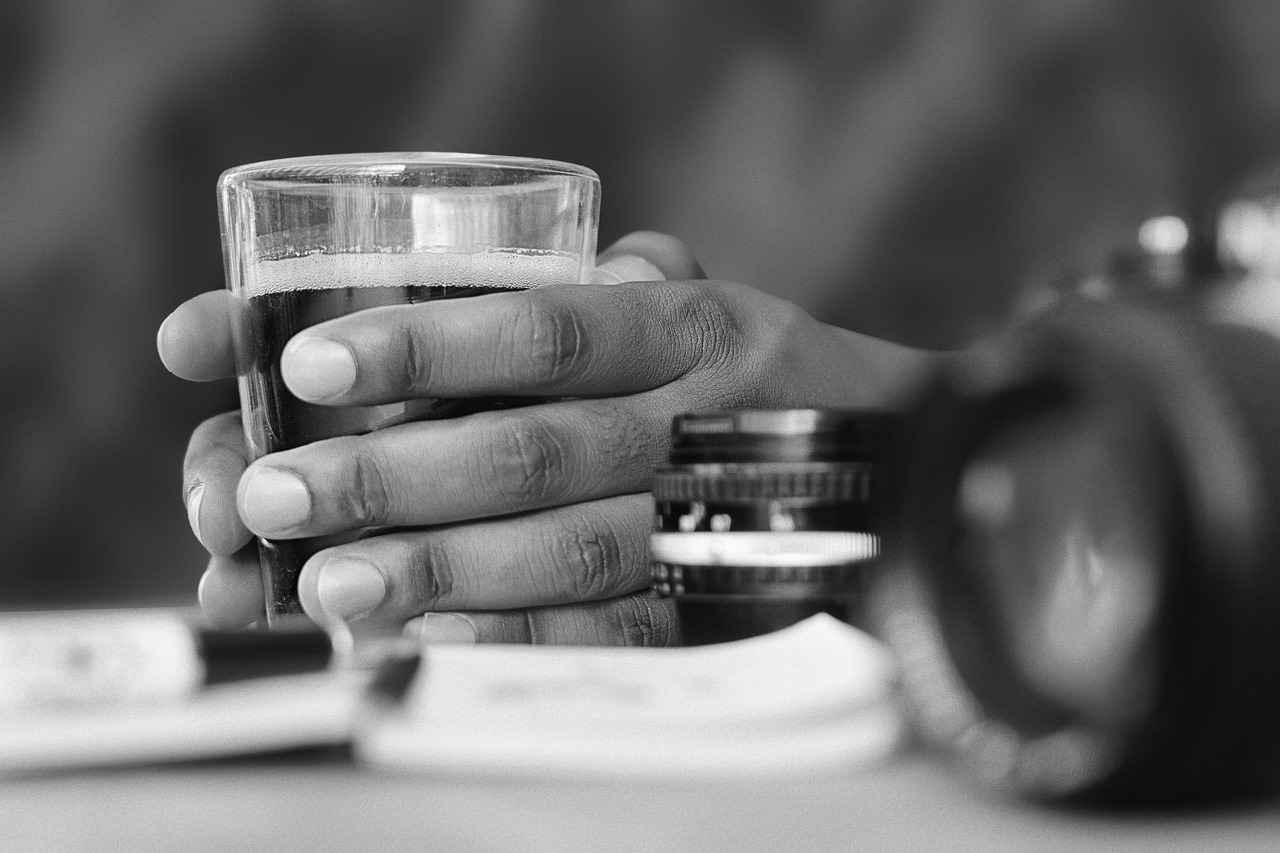
Key Features to Consider
Choosing the Right Portable Coffee Maker for Your Camping Trip
When planning your outdoor adventures, having a reliable coffee maker can significantly enhance your camping experience. To ensure you make the best choice, it’s essential to consider various key features that will affect your enjoyment of coffee in nature.
When selecting a portable coffee maker, several critical factors come into play. Below are the main features to keep in mind:
- Size: The dimensions of your coffee maker are crucial. Opt for a compact design that fits easily into your camping gear without taking up too much space.
- Weight: Look for lightweight options, especially if you plan to hike to your camping spot. A heavy coffee maker can be cumbersome and detract from your outdoor experience.
- Brewing Time: Different coffee makers have varying brewing times. If you value quick coffee in the mornings, choose a model that brews efficiently to keep your mornings hassle-free.
- Ease of Cleaning: After a long day of hiking, the last thing you want is a complicated cleanup process. Select a coffee maker with removable parts or one that can be easily rinsed out.
Before making a purchase, it’s also important to evaluate your personal coffee preferences. Consider the type of coffee you enjoy, whether you prefer a strong brew or a milder flavor, and how you like your coffee prepared. This will guide you in choosing a coffee maker that aligns with your taste.
Familiarizing yourself with the different types of portable coffee makers can also help you make an informed decision. Popular options include:
- French Press: Known for its ability to brew rich coffee, this option is lightweight and requires no electricity.
- Pour-Over: This method allows for a manual brewing experience, providing a clean and flavorful cup.
In conclusion, selecting the right portable coffee maker involves careful consideration of size, weight, brewing time, and ease of cleaning. By understanding your coffee preferences and the types of coffee makers available, you can ensure a delightful coffee experience while camping.
Size and Weight
are two of the most important factors to consider when choosing a portable coffee maker for your camping adventures. When you’re out in the wilderness, every ounce and inch of space matters. You want a coffee maker that is both lightweight and compact, allowing you to maximize your gear without compromising on your coffee experience.
First and foremost, a lightweight coffee maker ensures that you won’t be burdened with extra weight while hiking or traveling. Many camping enthusiasts recommend coffee makers that weigh less than 1 pound, as this makes them easy to carry along with your other essentials. For instance, a French press or a pour-over model is often favored for their minimal weight.
In addition to weight, the size of the coffee maker is equally crucial. A compact design allows for easy packing and storage in your backpack or camping gear. Look for coffee makers that can fit into your existing gear without taking up too much space. Many models are designed to be collapsible or have a slim profile, making them perfect for camping.
| Type of Coffee Maker | Weight | Size |
|---|---|---|
| French Press | 0.5 lbs | Compact |
| Pour-Over | 0.3 lbs | Slim |
| Single-Serve Pod | 1 lb | Medium |
When selecting your portable coffee maker, consider how often you will use it and the number of people you will be brewing for. If you’re camping solo, a smaller model may suffice, but for larger groups, you might need something that brews multiple cups at once while still being lightweight and compact.
In conclusion, the size and weight of your coffee maker can significantly impact your overall camping experience. By choosing a model that is both lightweight and compact, you can enjoy your favorite brew without the hassle of extra bulk or weight during your outdoor adventures.
Brewing Time
is a critical factor to consider when selecting a portable coffee maker for your camping adventures. The can vary significantly between different types of coffee makers, and understanding these differences can help you choose the best option for your needs.
When you’re out camping, especially during busy mornings, having your coffee ready quickly can make a big difference in your overall experience. Imagine waking up to the sounds of nature, but instead of rushing to brew your coffee, you can enjoy the tranquility while your coffee brews in just a few minutes. This is where the type of coffee maker you choose plays a pivotal role.
- French Press: Typically takes about 4 minutes for brewing, making it a great option if you have a bit of time to spare.
- Pour-Over: Generally requires around 3-4 minutes, allowing for a clean and flavorful cup, but demands a bit of your attention.
- Aeropress: One of the fastest options, with a brewing time of just 1-2 minutes, perfect for those who need their coffee in a hurry.
- Single-Serve Pod Machines: Can brew coffee in about 1-3 minutes, offering convenience but often at the cost of flavor.
As you plan your camping trip, consider how much time you can dedicate to brewing. If you’re on a tight schedule, opting for a coffee maker with a shorter brewing time, like the Aeropress, may be your best bet. On the other hand, if you prefer a richer flavor and have a few extra minutes, the French Press or Pour-Over methods could be more satisfying.
Ultimately, the right choice will depend on your personal coffee preferences and how you want to integrate your coffee brewing into your camping routine. By carefully considering , you can ensure that your coffee experience enhances your outdoor adventure rather than hinders it.

Ease of Use and Cleaning
is an essential factor to consider when selecting a portable coffee maker for your camping adventures. The last thing you want while enjoying the great outdoors is a complicated coffee-making process or a device that takes ages to clean.
When choosing a portable coffee maker, look for models that are user-friendly. A straightforward brewing process allows you to enjoy your coffee without the hassle of complicated instructions. Many portable coffee makers are designed with simplicity in mind, featuring intuitive controls and easy setups. This means you can brew your favorite cup of coffee quickly, even when you’re surrounded by nature.
Additionally, cleaning and maintenance should be a breeze. After a long day of hiking or exploring, the last thing you want is to spend too much time cleaning your coffee maker. Opt for models that have removable parts, which can make the cleaning process much more manageable. Some coffee makers even come with dishwasher-safe components, allowing you to toss them in the dishwasher for a thorough clean.
- Simple Brewing Process: Choose coffee makers with easy-to-follow instructions.
- Removable Parts: Look for models that allow for quick disassembly for cleaning.
- Dishwasher-Safe Components: This feature can save you time and effort after your camping trip.
In conclusion, a portable coffee maker that is user-friendly and easy to clean will ensure a hassle-free coffee experience while you enjoy the beauty of nature. By considering these aspects, you can select a coffee maker that fits seamlessly into your outdoor lifestyle.
Simple Brewing Process
When embarking on a camping trip, the last thing you want is to struggle with a complicated coffee maker. Therefore, selecting a coffee maker with a straightforward brewing process is essential. This ensures that you can enjoy your coffee with minimal hassle, allowing you to focus on the adventure ahead.
Look for coffee makers that feature intuitive designs. For instance, many portable coffee makers today use single-serve pods or easy-to-use manual techniques that require no electricity. These options not only simplify the brewing process but also reduce the number of components you need to manage while camping.
- Pod-Based Systems: These systems often come with pre-packaged coffee pods, allowing you to brew a fresh cup with just a few steps. Simply insert a pod, add water, and press a button.
- Manual Brewing Methods: Devices like pour-over or French press coffee makers allow you to control the brewing time and strength. Just add coffee grounds, pour hot water, and wait a few minutes for a delicious brew.
- All-in-One Devices: Some portable coffee makers combine grinding, brewing, and serving in one compact unit, making the process even easier.
Moreover, consider the size and weight of the coffee maker. A compact model that fits easily in your backpack will make your camping experience more enjoyable. Look for lightweight materials that won’t add unnecessary bulk to your gear.
Finally, ensure that the coffee maker is easy to clean. After a long day of hiking, the last thing you want is to deal with a complicated cleanup process. Models with detachable parts or those that are dishwasher-safe can save you time and effort.
In conclusion, choosing a coffee maker with a can significantly enhance your camping experience. By focusing on ease of use, portability, and cleaning, you can enjoy a delicious cup of coffee without the stress of complicated setups.
Cleaning and Maintenance
are essential aspects to consider when selecting a portable coffee maker for your camping adventures. A coffee maker that is easy to clean will save you time and effort, allowing you to focus on enjoying your outdoor experience.
After a long day of hiking or exploring, the last thing you want is to struggle with cleaning your coffee maker. Here are some important features to look for:
- Removable Parts: Coffee makers with removable parts simplify the cleaning process. You can easily detach the brewing components, making it easier to rinse and dry them after use.
- Dishwasher-Safe Components: If you have access to a campsite with dishwashing facilities, consider coffee makers with dishwasher-safe components. This feature allows for a more thorough clean without the hassle of handwashing.
- Non-Stick Surfaces: Coffee makers with non-stick surfaces can significantly reduce the buildup of coffee residue, making it easier to wipe clean after use.
- Minimal Assembly: Opt for models that require minimal assembly. Fewer parts mean less cleaning, which can be a significant advantage when you’re camping.
Additionally, consider the overall design of the coffee maker. A compact and simple design not only makes it easier to pack but also simplifies the cleaning process. Look for coffee makers that allow you to brew directly into a travel mug or thermos, minimizing the number of items that need cleaning.
In conclusion, choosing a portable coffee maker that prioritizes ease of cleaning will enhance your camping experience. By selecting models with removable parts, dishwasher-safe components, and non-stick surfaces, you can ensure that your coffee-making process remains enjoyable and hassle-free, allowing you to savor every moment in nature.
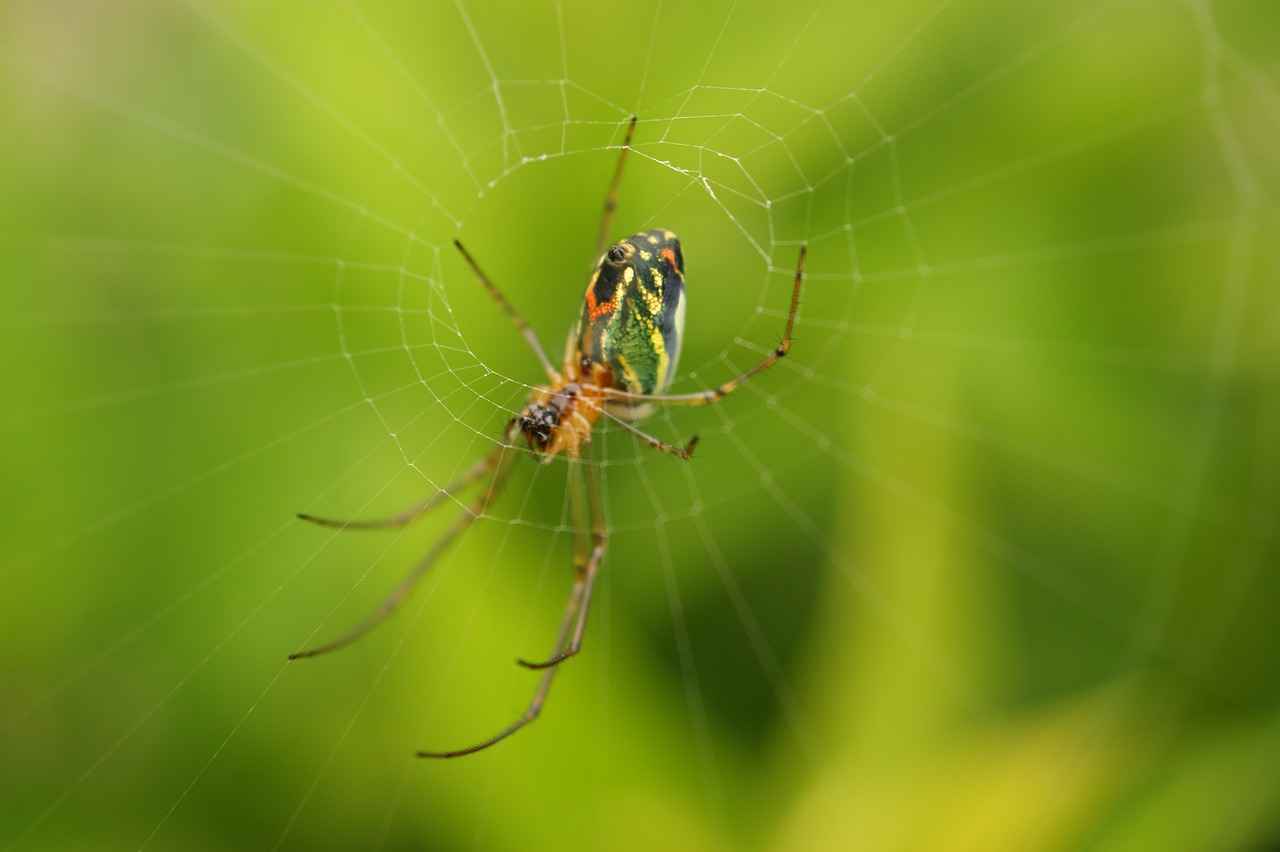
Budget Considerations
Your budget is a critical factor when selecting a portable coffee maker, especially for outdoor adventures like camping. Understanding your financial limits while exploring various options can help you find the perfect balance between quality and functionality.
When considering your budget, it’s important to remember that not all portable coffee makers are created equal. You can find models at various price points, each offering different features and capabilities. Here are some key points to consider:
- Define Your Budget: Start by determining how much you are willing to spend. This will help narrow down your options and prevent overspending.
- Explore Affordable Options: There are many budget-friendly portable coffee makers that deliver excellent performance. Look for brands that are known for their reliability and customer satisfaction.
- Assess Features: While you may be tempted to go for the cheapest option, consider the features that are essential for your camping needs. A slightly higher investment might provide better durability and functionality.
- Read Reviews: Before making a purchase, read customer reviews and expert opinions. This will give you insights into the product’s performance and longevity, helping you make an informed decision.
- Consider Long-Term Value: Investing in a quality coffee maker can save you money in the long run. A well-constructed unit may last for years, providing you with countless delicious cups of coffee on future camping trips.
In conclusion, while your budget is a significant factor in choosing a portable coffee maker, it’s essential to balance cost with quality. By exploring various options and understanding the features that matter most, you can find a coffee maker that meets your needs without breaking the bank. Whether you opt for a simple French press or a more advanced pour-over system, the right choice can enhance your outdoor coffee experience.
Affordable Options
When it comes to enjoying a delicious cup of coffee while camping, finding an affordable portable coffee maker is essential. There are numerous options available that not only fit within your budget but also deliver excellent performance. Here are some key considerations and recommendations to help you find the perfect coffee maker without breaking the bank.
- Research and Compare: Start by researching various portable coffee makers that fall within your price range. Read reviews and compare features to find models that offer the best value.
- Budget-Friendly Brands: Look for brands known for their affordable yet high-quality products. Some popular options include AeroPress, GSI Outdoors, and Primula, which provide great functionality at lower prices.
- Materials and Durability: While affordability is important, ensure that the materials used in the coffee maker are durable enough for outdoor use. Look for models made from stainless steel or BPA-free plastic that can withstand the rigors of camping.
- Customer Feedback: Pay attention to customer feedback and ratings. This can give you insights into the performance and reliability of the coffee maker you are considering.
- Sales and Discounts: Keep an eye out for sales or discounts, especially during off-seasons or holiday sales. Many retailers offer significant price reductions on camping gear, including coffee makers.
In summary, there are many affordable portable coffee makers that offer great performance. By conducting thorough research and considering key factors such as brand reputation, materials, and customer reviews, you can find a coffee maker that balances cost and quality for the best value. Enjoying your favorite brew in the great outdoors is not only possible but also budget-friendly!
Investing in Quality
When it comes to choosing a portable coffee maker for your camping adventures, budget considerations are undoubtedly important. However, it is equally essential to recognize that investing in a high-quality coffee maker can significantly enhance your overall camping experience. Quality products not only tend to last longer but also provide a superior coffee experience that can elevate your mornings in the great outdoors.
High-quality coffee makers often feature better materials and construction, ensuring they can withstand the rigors of camping. For instance, a durable stainless steel French press or a robust pour-over coffee maker can endure the bumps and scrapes of outdoor adventures, unlike cheaper plastic alternatives that may break or degrade over time.
Moreover, investing in a quality coffee maker often translates to better coffee flavor. High-end models typically allow for more precise brewing techniques, which can lead to a richer and more satisfying cup. When you’re surrounded by nature, sipping on a delicious cup of coffee can be a truly rewarding experience, making the extra investment worthwhile.
Additionally, quality coffee makers often come with features that enhance usability and convenience. For example, models with easy-to-clean components and straightforward brewing processes can save you time and effort, allowing you to focus on enjoying your camping trip rather than fussing over complicated equipment.
In summary, while it may be tempting to opt for the cheapest option available, consider the long-term benefits of investing in a quality portable coffee maker. Not only will it provide you with better coffee, but it will also contribute to a more enjoyable and hassle-free camping experience.
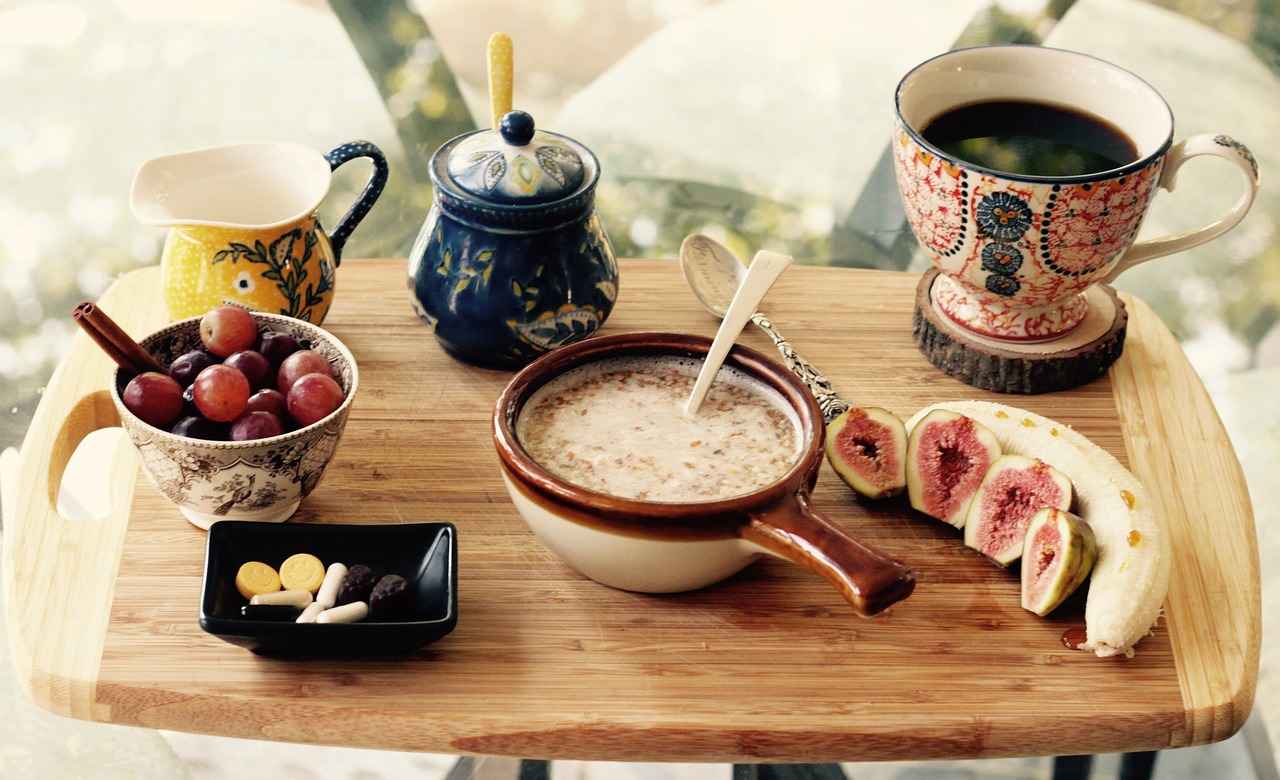
Conclusion: Brewing the Perfect Cup in Nature
Choosing the right portable coffee maker for your camping trip can greatly enhance your outdoor experience. With the right equipment, you can enjoy a delicious cup of coffee while surrounded by nature, making your mornings more enjoyable and energizing.
When it comes to selecting a coffee maker, it’s essential to consider your personal preferences. Think about the type of coffee you enjoy most—whether it’s a bold espresso or a smooth drip coffee. Additionally, consider the brewing method that suits your taste. Some people prefer the full-bodied flavor of a French press, while others might enjoy the clarity of a pour-over.
There are several types of portable coffee makers available, each with unique features tailored to different camping needs. French press coffee makers are favored for their simplicity and ability to brew rich coffee without the need for electricity. They are typically lightweight and compact, making them a great choice for outdoor enthusiasts. However, they can be fragile, so handle them with care.
Pour-over coffee makers are another excellent option, providing a manual brewing experience that allows for precise control over the brewing process. They are easy to pack and often require minimal setup, making them ideal for camping trips.
When choosing a portable coffee maker, key features such as size, weight, and ease of cleaning should be prioritized. Ensure that the coffee maker you select is lightweight and compact, so it doesn’t take up too much space in your gear. Additionally, consider how quickly you want your coffee ready in the mornings—some coffee makers have faster brewing times than others.
Finally, budget considerations are crucial. While it’s tempting to go for the cheapest option, investing in a quality coffee maker can enhance your camping experience significantly. Look for affordable options that don’t compromise on performance, and remember that a well-made coffee maker can last for many camping trips to come.
In conclusion, choosing the right portable coffee maker for your camping trip can significantly improve your outdoor experience. By evaluating your preferences, understanding the various types of coffee makers, and considering practical features, you can ensure a delightful coffee experience in nature.
Frequently Asked Questions
- What should I consider when choosing a portable coffee maker for camping?
When selecting a portable coffee maker, consider factors like size, weight, brewing time, and ease of cleaning. These features will significantly affect your camping experience, ensuring you enjoy your coffee hassle-free.
- Are French press coffee makers suitable for camping?
Absolutely! French press coffee makers are popular for camping due to their simplicity and ability to brew rich coffee without electricity. Just be cautious, as they can be fragile and require careful handling.
- How do pour-over coffee makers work?
Pour-over coffee makers require you to manually pour hot water over coffee grounds, allowing for precise control over brewing time and flavor. They’re lightweight and easy to pack, making them perfect for outdoor adventures.
- What are the budget-friendly options for portable coffee makers?
There are many affordable portable coffee makers that deliver excellent performance. Research options that balance cost and quality to find the best value within your budget.
- How do I clean my portable coffee maker while camping?
Look for coffee makers with removable parts and dishwasher-safe components. This makes cleanup easier, allowing you to enjoy your camping experience without worrying about a complicated cleaning process.


